
Editor's Note: This story originally appeared on Personal Capital.
Everyone wants to know the magic number you need to be saving for retirement. But does where you live also have an impact on your actual retirement savings?
Almost six years ago, we set out to answer this question by looking at the average retirement savings of our 2.8 million dashboard users (anonymized, of course). This allowed us to assess how much people had in their retirement nest eggs, broken down by age, generation, and state.
This year, in the midst of a global pandemic marked also by market volatility, unemployment spikes, and financial hardship, we took a look at how people’s retirement savings have changed.
Now more than one year into the coronavirus pandemic, we wanted to take a look at how these numbers have adjusted. We’ve ranked the states from the highest retirement savings to the lowest. Let’s dive in!
1. Connecticut

Average retirement balance: $523,568
2. New Hampshire

Average retirement balance: $494,562
3. New Jersey

Average retirement balance: $489,664
4. Alaska

Average retirement balance: $489,070
5. Virginia

Average retirement balance: $468,579
6. Vermont

Average retirement balance: $467,757
7. Maryland
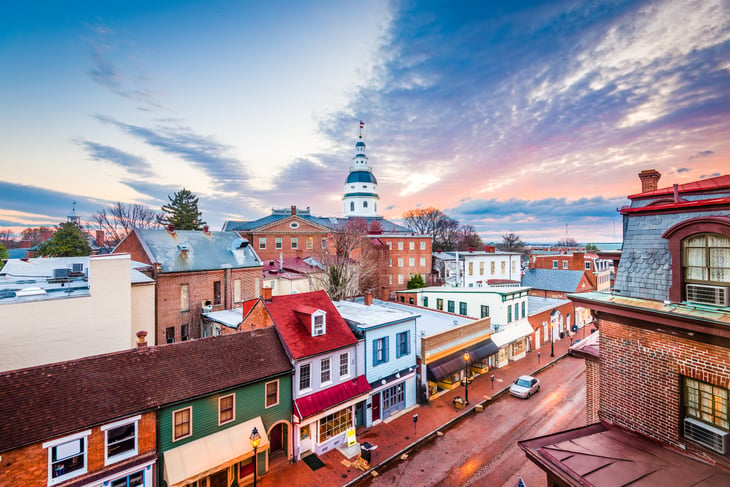
Average retirement balance: $458,107
8. Massachusetts

Average retirement balance: $457,681
9. Washington

Average retirement balance: $447,869
10. Minnesota

Average retirement balance: $447,836
11. Iowa

Average retirement balance: $443,587
12. North Carolina

Average retirement balance: $440,227
13. Pennsylvania

Average retirement balance: $439,226
14. Oregon

Average retirement balance: $434,085
15. Delaware

Average retirement balance: $433,660
16. Kansas

Average retirement balance: $430,460
17. Illinois

Average retirement balance: $429,265
18. Wisconsin

Average retirement balance: $428,872
19. South Dakota
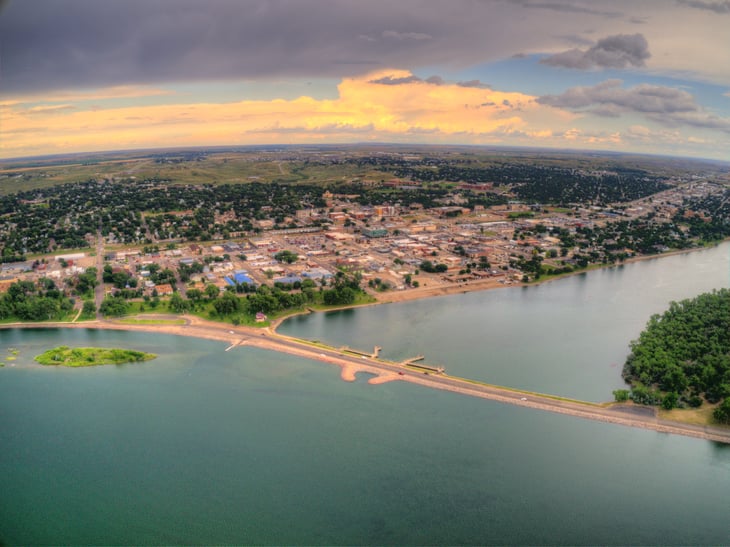
Average retirement balance: $428,530
20. California

Average retirement balance: $428,437
21. Colorado
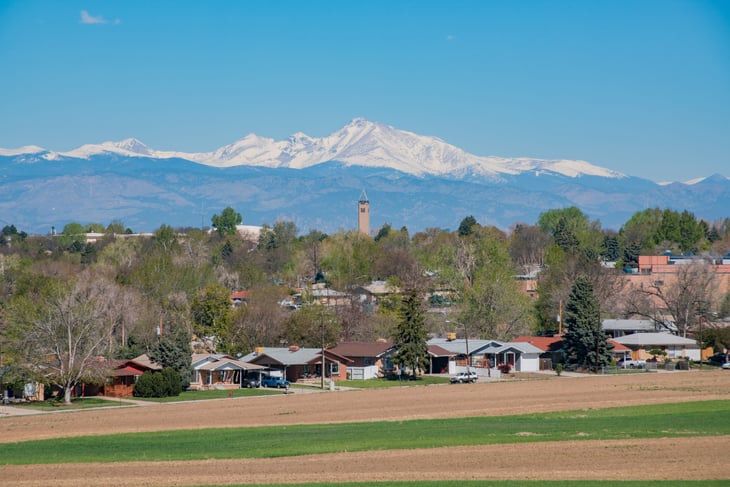
Average retirement balance: $426,970
22. South Carolina
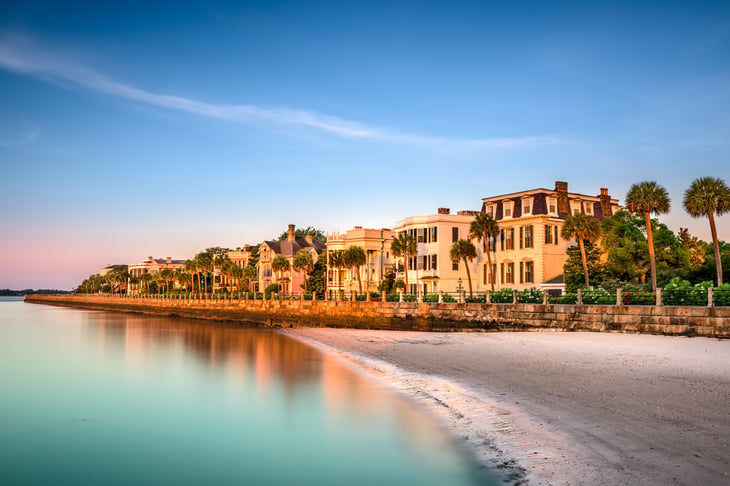
Average retirement balance: $423,780
23. Michigan

Average retirement balance: $419,201
24. Texas

Average retirement balance: $415,277
25. Georgia

Average retirement balance: $414,723
26. New Mexico

Average retirement balance: $412,989
27. Idaho

Average retirement balance: $410,434
28. Ohio

Average retirement balance: $408,379
29. Florida
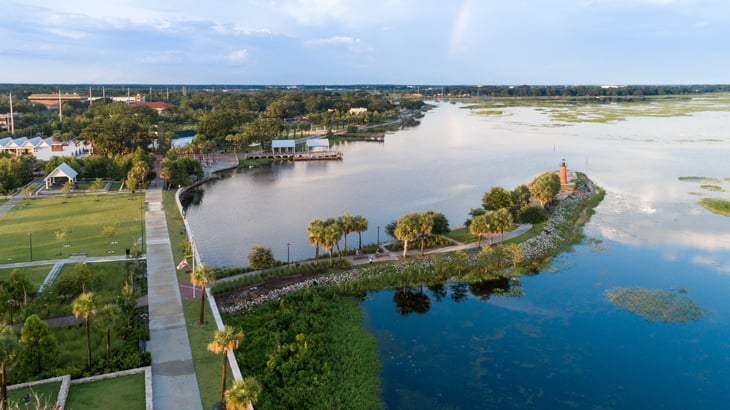
Average retirement balance: $407,393
30. Arizona

Average retirement balance: $407,029
31. Kentucky

Average retirement balance: $405,671
32. Missouri
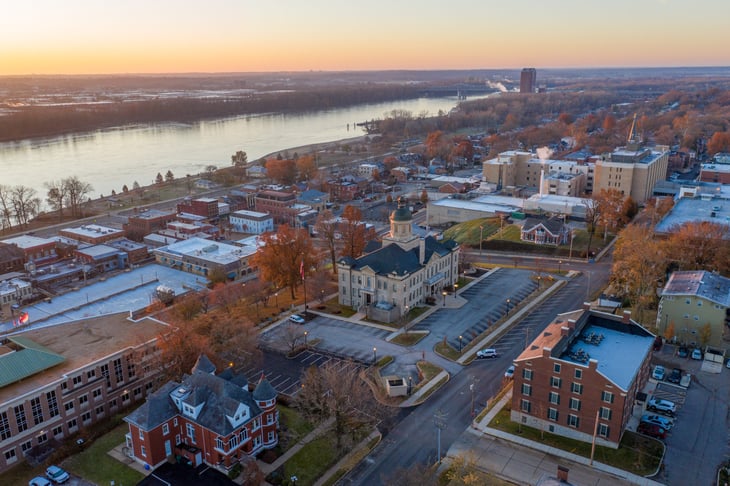
Average retirement balance: $390,863
33. Indiana

Average retirement balance: $385,047
34. Maine

Average retirement balance: $384,571
35. Rhode Island

Average retirement balance: $383,512
36. Alabama

Average retirement balance: $378,948
37. Nebraska
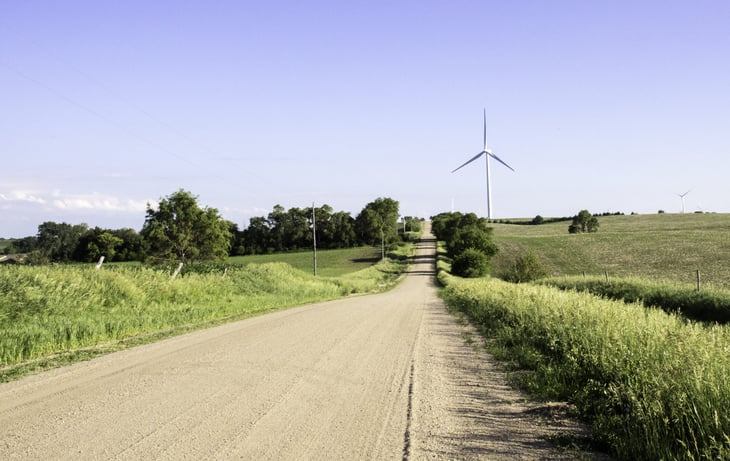
Average retirement balance: $378,412
38. Louisiana

Average retirement balance: $371,465
39. Montana

Average retirement balance: $370,917
40. Wyoming

Average retirement balance: $364,173
41. New York

Average retirement balance: $362,468
42. Tennessee

Average retirement balance: $358,963
43. Nevada

Average retirement balance: $356,973
44. West Virginia

Average retirement balance: $354,018
45. Hawaii

Average retirement balance: $345,401
46. Arkansas

Average retirement balance: $345,267
47. Mississippi

Average retirement balance: $340,894
48. Oklahoma

Average retirement balance: $340,389
49. Washington, D.C.
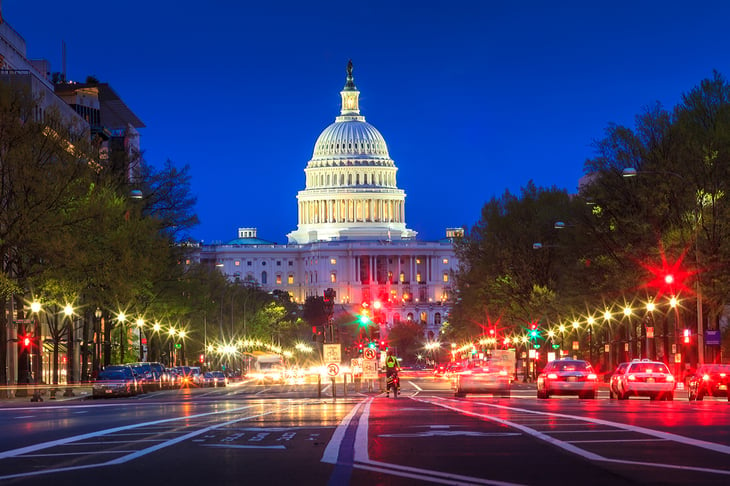
Average retirement balance: $325,671
50. North Dakota

Average retirement balance: $310,766
51. Utah

Average retirement balance: $300,392
Why Some States Rank Higher

There are several factors at play when looking at retirement savings averages.
It should be noted that only looking at the state-by-state breakdown may be unfair when you think of different tax burdens and cost of living metrics that vary between states.
In our analysis, we did not look specifically into these other factors as a leading cause. In our assumption, it likely makes sense why states such as Alaska are included in the top five — especially since Alaska is a state known for favorable tax laws compared with states such as California.
High cost of living could also be a factor for certain states not making the top five. That is likely the reason for Hawaii, the District of Columbia, and New York, to name a few, as cities in those states top the highest cost of living, according to The U.S. Bureau of Labor Statistics.
According to this 2021 ranking, here are the top five states with the highest cost of living: Hawaii, California, New York, Oregon, and Massachusetts.
How Much Do You Need to Retire Comfortably in Each State?

Unfortunately, there’s no one answer to how much you will need to retire comfortably, no matter what state you live in. But there are a few factors to consider, and there are a few common methods to help you determine what you might need to support your desired retirement lifestyle.
One thing to consider when determining how much you’ll need to retire is your state’s tax burden. There are several types of taxation that vary by state and that could really impact your ability to sustain your desired lifestyle.
Some of these include property tax, income tax, and inheritance tax. For example, if an expected inheritance is part of your retirement plan, then you should know if your state has estate or inheritance taxes.
There are various methods of calculating how much you might need to spend or withdraw from your portfolio. A common one is the “4% rule.”
If you follow this rule, you withdraw 4% of your portfolio in the first year of retirement and then you annually withdraw that same dollar amount, adjusted for inflation, for the next 30 years. The idea is that if you follow this rule, you minimize your chances of running out of money in retirement.
While this rule is a good starting point, it has been hotly debated since it was established. Some argue that it is too conservative. Others argue that today’s low-interest environment and longer life expectancies make it too risky.
Meanwhile, your financial future hangs in the balance. If the rule is too conservative, then you’ve unnecessarily constrained your retirement lifestyle. If the rule is too risky, you could run out of money just when you need it most.
So a good way to get a personalized plan is to use a tool like Personal Capital’s free Retirement Planner.
The Retirement Planner will allow you to input specific information that’s personal to you (like planned major spending events, when you want to take Social Security, what age you plan to retire, etc.) and will run thousands of simulations to give you a percent chance of retirement success based on your current portfolio.
Get access to the Retirement Planner by signing up for Personal Capital’s free financial tools.









Add a Comment
Our Policy: We welcome relevant and respectful comments in order to foster healthy and informative discussions. All other comments may be removed. Comments with links are automatically held for moderation.